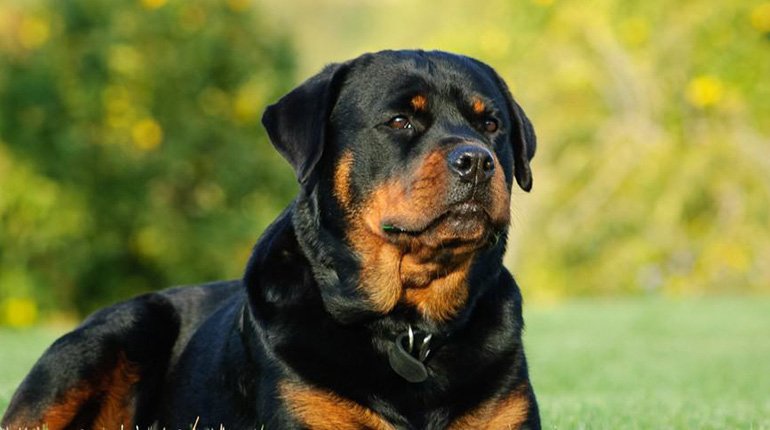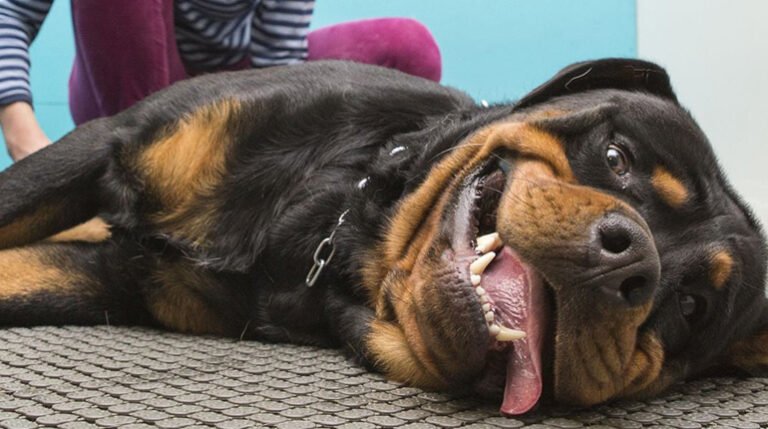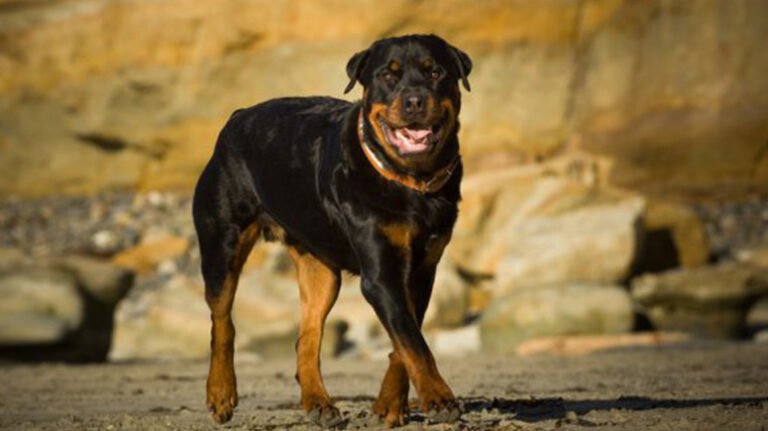The Ideal Diet for Senior Rottweilers

Introduction
As Rottweilers age, their nutritional needs change significantly. Beyond the age of seven, these majestic dogs enter their senior years, which can bring about various health challenges, including decreased energy requirements, joint issues, and dietary sensitivities. Providing an ideal diet for senior Rottweilers is crucial for enhancing their quality of life, maintaining their health, and prolonging their lifespan. This article delves into the essential components, feeding guidelines, dietary considerations, and common health issues related to the nutrition of senior Rottweilers.
Nutritional Needs of Senior Rottweilers
Senior Rottweilers have distinct nutritional requirements that must be catered to. Unlike their younger counterparts, older Rottweilers typically require fewer calories, but they still need a balanced diet to combat age-related health issues.
Caloric Needs
As dogs age, their metabolism slows down. A senior Rottweiler may require approximately 20% fewer calories than a younger dog. Overfeeding can lead to obesity, which is especially detrimental because excess weight can worsen joint issues and other health problems.
Macronutrients
Three major macronutrients should be carefully balanced in the diet of senior Rottweilers: proteins, fats, and carbohydrates.
- Proteins: As senior Rottweilers lose muscle mass, they need a diet higher in protein to help maintain their muscle tone. The quality of protein is also important; look for lean sources that are easily digestible.
- Fats: Healthy fats provide energy and help maintain skin and coat health. However, fat content should be moderated to prevent obesity.
- Carbohydrates: Whole grains and vegetables can provide a source of energy and help with digestion. Senior Rottweilers may benefit from a diet lower in carbs due to reduced activity levels.
Micronutrients
Vitamins and minerals play a key role in supporting overall health, particularly in senior dogs. A well-rounded diet should include:
- Antioxidants: Vitamins E and C can support the immune system and combat free radicals.
- Omega Fatty Acids: These essential fatty acids can help with inflammation and support skin health.
- Glucosamine and Chondroitin: These substances are beneficial for joint health and can help manage arthritic conditions.
Choosing the Right Food
When selecting food for your senior Rottweiler, consider the following:
Commercial Diets
Many pet food companies offer specialized formulas for senior dogs. Look for foods specifically formulated for large breeds that contain:
- High-quality proteins.
- Lower calorie levels.
- Added joint supplements (glucosamine and chondroitin).
- Omega-3 fatty acids for inflammation control.
Always check for the AAFCO (Association of American Feed Control Officials) statement on the label to ensure it meets the nutritional standards for complete and balanced diets.
Homemade Diets
Some Rottweiler owners prefer making homemade meals for their dogs. If you choose this route, consult with a veterinarian or a certified pet nutritionist to ensure you are providing all necessary nutrients. Here are some food options that could be included:
- Lean meats: Chicken, turkey or fish.
- Vegetables: Carrots, peas, and green beans.
- Whole grains: Brown rice or oats.
- Fruits: Blueberries and apples (without seeds).
- Supplements: Consider adding joint supplements or omega-3 oils.
Feeding Guidelines
When it comes to feeding senior Rottweilers, the approach can make a significant difference in their health and happiness:
- Portion Control: Measure food portions based on your dog’s weight and activity level. Consider dividing meals into smaller portions throughout the day to help manage hunger and digestion.
- Consistency: Maintain a consistent feeding schedule to create routine and stability for your dog. This can also help in monitoring their intake.
- Hydration: Ensure fresh, clean water is always available. Senior dogs are prone to dehydration, which can affect their health.
Addressing Common Health Issues
As Rottweilers age, they can face various health challenges that can also impact their diet. Here are some common issues and how diet can help manage them:
Obesity
Obesity can cause various health problems, including diabetes and joint pain. To prevent obesity:
- Monitor weight regularly and adjust food portions as necessary.
- Incorporate more exercise into their daily routine, based on their ability.
- Choose lower-calorie food options designed for senior dogs.
Joint Problems
Senior Rottweilers can suffer from arthritis or hip dysplasia. A diet enriched with joint-supporting nutrients can help:
- Include glucosamine and chondroitin in their food regime.
- Incorporate anti-inflammatory ingredients, such as sweet potatoes, salmon, and green-lipped mussels.
- Maintain a healthy weight to reduce stress on joints.
Dental Health
Dental problems can be common in older dogs and can lead to other health issues:
- Include crunchy kibble to help reduce plaque buildup.
- Provide dental chews designed for senior dogs to promote oral health.
- Consider regular veterinary dental cleanings.
Gastrointestinal Issues
Senior Rottweilers may experience digestive problems. To support gastrointestinal health:
- Include fiber-rich foods like pumpkin or carrots to promote healthy digestion.
- Gradually transition to new foods to prevent upset stomachs.
- Monitor for any signs of allergies or sensitivities and adjust their diet accordingly.
Supplements for Senior Rottweilers
In addition to a well-balanced diet, certain supplements can help improve health and manage age-related issues:
- Omega-3 Fatty Acids: Essential for their anti-inflammatory properties, beneficial for joint and skin health.
- Probiotics: To support gut health and improve digestion.
- Multivitamins: To ensure all nutrient needs are met.
- Joint Supplements: Such as glucosamine and chondroitin to support joint health.
Before starting any supplements, it’s vital to consult with your veterinarian to ensure they are appropriate for your dog’s specific health situation.
Monitoring Health and Weight
Regular monitoring of your senior Rottweiler’s condition is essential to quickly identify any health changes. Schedule routine veterinary check-ups to:
- Assess weight and body condition score.
- Evaluate dental health.
- Check for signs of pain, discomfort, or mobility issues.
- Discuss dietary changes as needed based on their health assessment.
Signs of Weight Gain
Be vigilant about the signs of weight gain, including:
- Difficulty in feeling their ribs easily when you touch their side.
- Increased waistline, making them look rounder.
- Fat deposits on their back, hips, or neck.
- Decreased energy levels or willingness to exercise.
Conclusion
Caring for a senior Rottweiler involves a thoughtful approach to their diet and overall health management. Providing an ideal diet that meets their unique nutritional needs is essential to enhancing their quality of life. As their owners, it is our responsibility to monitor their health closely, implement dietary changes, and be proactive in addressing potential health issues. By focusing on the right nutrition, regular veterinary care, and a loving environment, you can ensure your senior Rottweiler remains healthy, happy, and active during their golden years.


